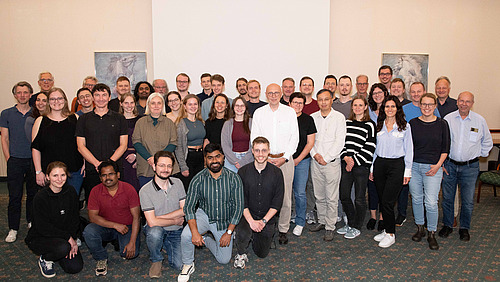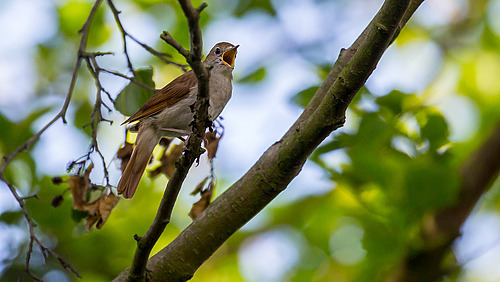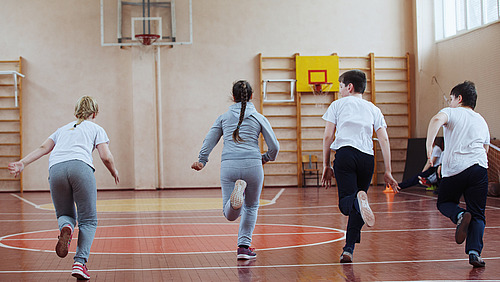Physics, math or French - which subject is actually particularly unpopular with pupils these days? Researchers at Osnabrück University want to investigate this question in a study for which they want to survey around 20,000 pupils from different types of schools. They will then be allowed to award their own school grades online: from one to six.
Prof. Dr. Christian Reintjes, Prof. Dr. Ferdinand Stebner and Till Kaiser from the Institute of Education are involved in the study - but the impetus for the project came from the Chemistry school. And for a simple reason: "Chemistry and physics were considered quite unpopular in the last surveys," says Dr. Lars Otte from Osnabrück University. However, these "last surveys" were conducted some time ago: "These studies date back to the 1980s and 1990s. There has been no systematic survey since then," says Otte.
This is now set to change: In Lower Saxony alone, around 300 secondary schools are currently being contacted and asked to participate anonymously in a questionnaire. Schools in North Rhine-Westphalia, Schleswig-Holstein and Berlin will also be included in the study - different curricula could possibly lead to different results.
"Studies from the 1990s have shown that chemistry is still quite popular in the sixth and seventh grades, but that there is a drastic drop in popularity in grade 9. We want to investigate whether this finding is still valid today," says Marco Beeken, Professor of Didactics of Chemistry at Osnabrück University.
However, an as yet unpublished master's thesis, which served as a preliminary study for this larger-scale survey, suggests that there may have been some changes in the popularity ranking. This smaller survey has already shown that a subject such as sport is still very popular, while other subjects - such as religion - have fallen significantly in popularity among pupils. "We now need to test whether the results of the preliminary study also hold up on a broad scale," says Otte.
Participation in the study is voluntary and the online questionnaire can be canceled at any time. In addition to the subject popularity ranking, questions are also asked about age, gender or the educational qualifications of the parents; questions can also be left unanswered.
The first results of the study are expected in the spring, and these should also be of interest to the participating schools: "Each school will receive its own evaluation," explains Lars Otte.
Further information for the media:
Dr. Lars Otte, Osnabrück University
School of Biology/Chemistry
E-mail: lars.otte@uni-osnabrueck.de
Prof. Dr. Marco Beeken, Osnabrück University
School of Biology/Chemistry
E-mail: marco.beeken@uni-osnabrueck.de





